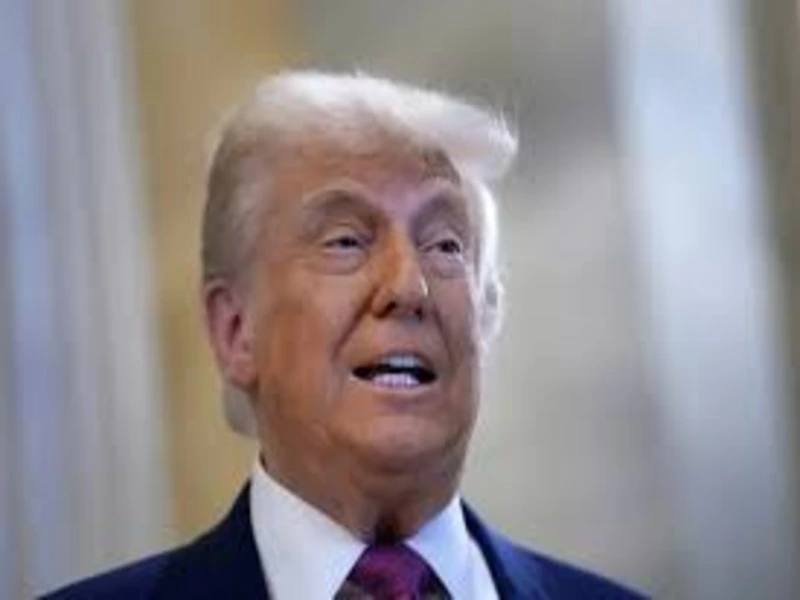- FCC’s Starks says Paramount’s settlement with Trump reflects “a desperate bid” to win political approval.
- The move raises concerns over media independence amid broader scrutiny of corporate influence in politics.
What happened: Paramount settles lawsuit with Trump amid FCC backlash
Paramount Global has settled a lawsuit with Donald Trump over a 2021 dispute involving the cancellation of his commentary show by its former property, Comedy Central. The legal case stemmed from Trump’s claim that ViacomCBS, Paramount’s predecessor, wrongfully terminated his hosting deal after the 2020 election. On Monday, Democratic FCC Commissioner Geoffrey Starks criticised the settlement, saying it reflects a “desperate bid” by Paramount to gain political favour. The lawsuit was dropped as part of the resolution, and while financial terms remain undisclosed, Trump’s campaign posted a celebratory message describing the outcome as a “complete victory.” Paramount, which is in ongoing merger talks with Skydance Media, has not commented on the settlement.
Starks’ remarks come at a sensitive time for the media conglomerate. The commissioner emphasised that the Federal Communications Commission should examine whether such settlements align with the public interest. He warned against corporate efforts to appease political figures in ways that may compromise journalistic independence. Paramount’s potential merger, if approved, would need FCC regulatory clearance, making the timing of the settlement especially significant.
Also read: Trump criticises AT&T for conference call glitch
Also read: Trump Mobile launches $499 phone and wireless service
Why it’s important
The settlement highlights wider tensions between media companies and political power. In an era where news and entertainment firms face pressure to align with dominant political narratives, critics argue that such legal agreements risk damaging editorial independence. Geoffrey Starks, one of five FCC commissioners, underscored that the agency must protect against attempts by companies to seek regulatory advantages through political deals. His warning reflects broader concerns about the role of media in a democratic society.
Paramount’s decision could be viewed through the lens of its pending merger with Skydance Media, a deal that has attracted attention due to its complex structure and possible implications for U.S. media ownership. The FCC, under Chairwoman Jessica Rosenworcel, has pledged to uphold public interest standards. This case adds another layer to ongoing debates about media consolidation, political interference, and corporate responsibility in high-stakes legal decisions.

